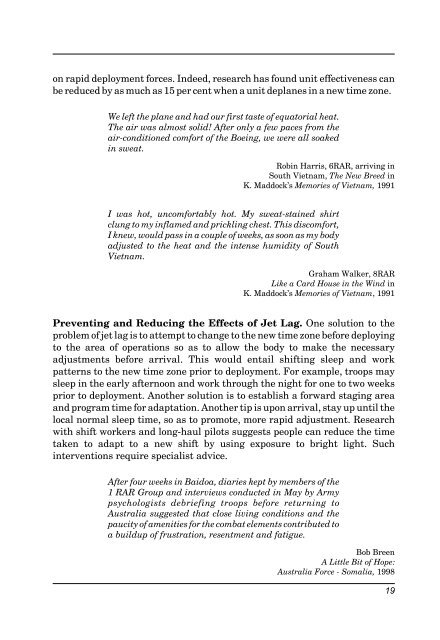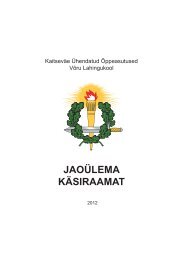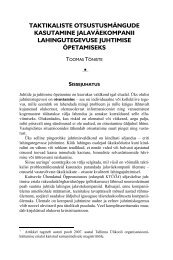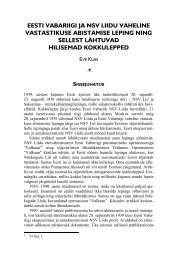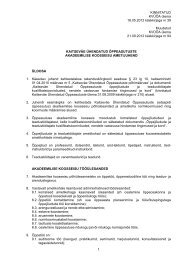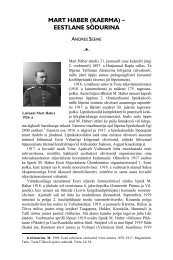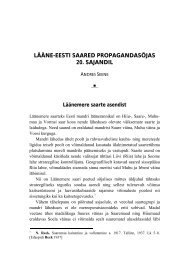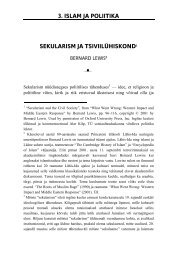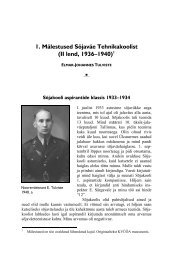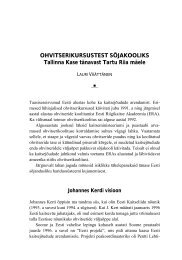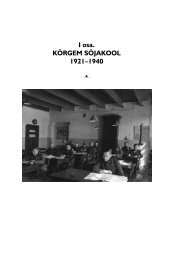Fatigue Management
Fatigue Management
Fatigue Management
Create successful ePaper yourself
Turn your PDF publications into a flip-book with our unique Google optimized e-Paper software.
on rapid deployment forces. Indeed, research has found unit effectiveness can<br />
be reduced by as much as 15 per cent when a unit deplanes in a new time zone.<br />
We left the plane and had our first taste of equatorial heat.<br />
The air was almost solid! After only a few paces from the<br />
air-conditioned comfort of the Boeing, we were all soaked<br />
in sweat.<br />
Robin Harris, 6RAR, arriving in<br />
South Vietnam, The New Breed in<br />
K. Maddock's Memories of Vietnam, 1991<br />
I was hot, uncomfortably hot. My sweat-stained shirt<br />
clung to my inflamed and prickling chest. This discomfort,<br />
I knew, would pass in a couple of weeks, as soon as my body<br />
adjusted to the heat and the intense humidity of South<br />
Vietnam.<br />
Graham Walker, 8RAR<br />
Like a Card House in the Wind in<br />
K. Maddock's Memories of Vietnam, 1991<br />
Preventing and Reducing the Effects of Jet Lag. One solution to the<br />
problem of jet lag is to attempt to change to the new time zone before deploying<br />
to the area of operations so as to allow the body to make the necessary<br />
adjustments before arrival. This would entail shifting sleep and work<br />
patterns to the new time zone prior to deployment. For example, troops may<br />
sleep in the early afternoon and work through the night for one to two weeks<br />
prior to deployment. Another solution is to establish a forward staging area<br />
and program time for adaptation. Another tip is upon arrival, stay up until the<br />
local normal sleep time, so as to promote, more rapid adjustment. Research<br />
with shift workers and long-haul pilots suggests people can reduce the time<br />
taken to adapt to a new shift by using exposure to bright light. Such<br />
interventions require specialist advice.<br />
After four weeks in Baidoa, diaries kept by members of the<br />
1 RAR Group and interviews conducted in May by Army<br />
psychologists debriefing troops before returning to<br />
Australia suggested that close living conditions and the<br />
paucity of amenities for the combat elements contributed to<br />
a buildup of frustration, resentment and fatigue.<br />
Bob Breen<br />
A Little Bit of Hope:<br />
Australia Force - Somalia, 1998<br />
19


